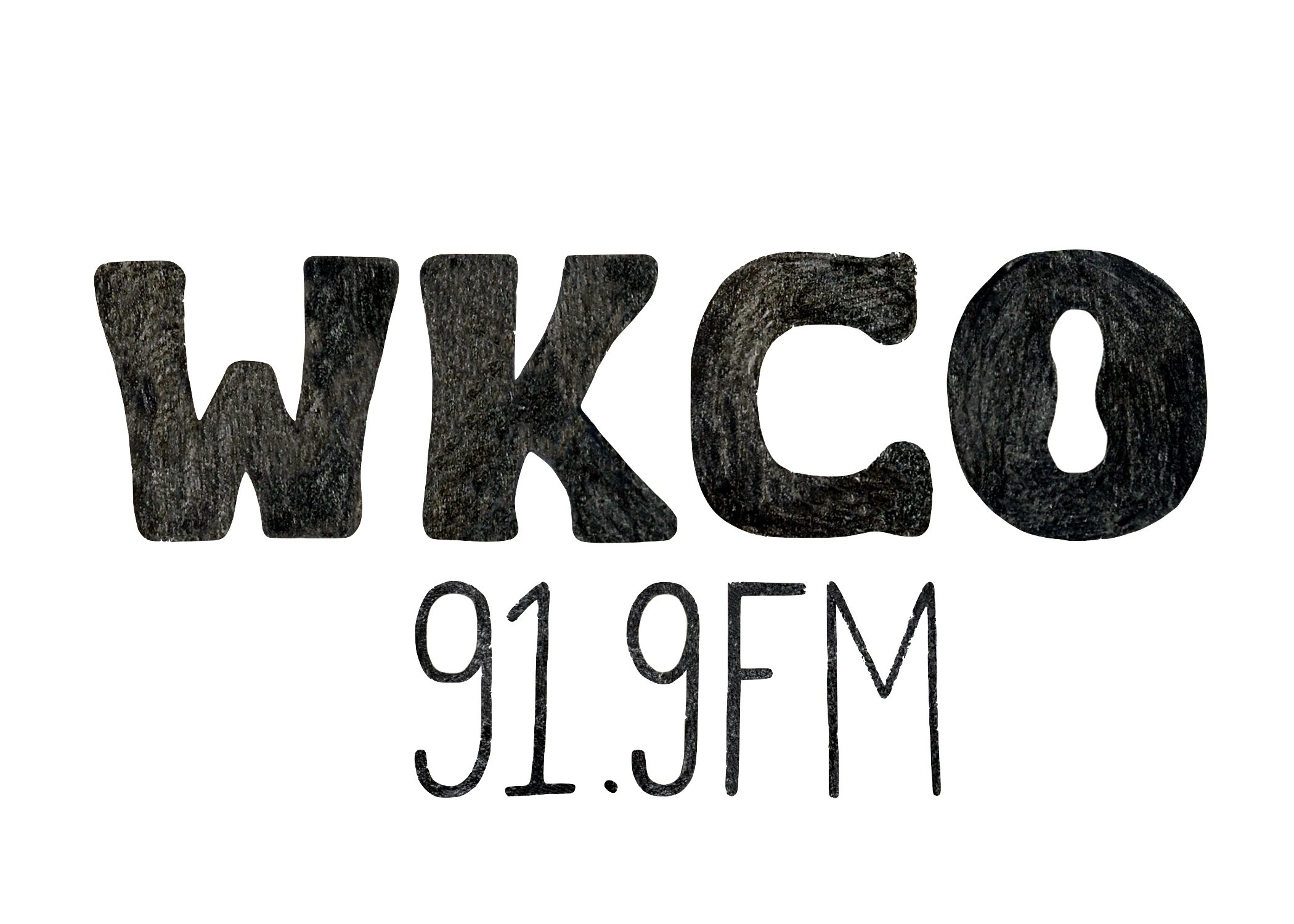MUNA. Does the name ring a bell? If so, you, or someone you know, is very gay. Whether this person loves them (most likely) or hates them (psycho), MUNA is changing the landscape for queer music. Naomi McPherson (they/them), Katie Gavin (she/they), and Josette Maskin (she/they) met in college, the latter two both music students. The three quickly formed a band and began writing lyrical pop tunes that hit at a feeling many had never had articulated before. Songs like “I Know a Place” became a rallying cry for their young, queer audience who were looking for comfort in the most uncertain of times. Their self released EP garnered the attention of RCA Records, where they went on to release their debut album About You in 2017 and their sophomore album, Saves The World, in 2019. However, their time with RCA was cut short during the pandemic, leaving the three in a lurch. That is where Phoebe Bridgers comes in. Bridgers signed the band in May of 2021, where they produced their third, self titled album, MUNA. Despite the ups and downs of the music industry, relationships, and the general dismay of being in your twenties, MUNA has been unapologetically themselves for the past eleven years.
Their songs span every mood and feeling, exhibiting the range they bring to the table. Through the flawless melding of pop synth beats with profoundly gut wrenching lyrics, or vice versa, MUNA has the power to make you sob on the dance floor or sing along with headphones on in public. A perfect example is “Anything But Me,” a break up song about wishing your ex the best, as long as they leave you alone. The chorus states “But it's all love and it's no rеgrets, you can call me if there's anything you need, anything, anything but me.” Happier songs, like “What I Want,” is a perfect pop song, with a vibrant beat and relatable lyrics, making it one of the best off of their self-titled album. It also demonstrates their talent for detailing the queer experience. “I want the full effects, I want to hit it hard, I want to dance in the middle of a gay bar…I want the fireworks, I want the chemistry, I want that girl right over there to wanna date me. Ooh, ooh-ooh! That's what I want, there's nothing wrong, with what I want! Yeah, yeah!” This song expertly describes the experience so many feel when stepping into a hot and crowded gay club for the first time. “Silk Chiffon,” described by McPherson as “a song for kids to have their first gay kiss to,” embodies everything MUNA stands for, and is good at. With catchy lyrics like “Life’s so fun! Life’s so fun!...She’s so soft like silk chiffon…That's how it feels, oh, when she's on me” and notable features, like a verse about feeling high and anxious delivered by Bridgers, it’s no wonder the band is so fondly loved by many in the queer community. As queer joy is seldom expressed in the mainstream, songs like “What I Want” or “Silk Chiffon” exhibit the band’s ability to write about queer existence as a positive, not something to fear. Even in the chorus of “What I Want,” Gavin sings “there’s nothing wrong with what I want,” a subtle act of resistance, making it clear that this band has nothing to hide. On the other side of the spectrum, MUNA’s more intimate and perhaps lonelier songs, like “Loose Garment,” “Kind of Girl,” and “It’s Gonna Be Okay Baby,” tackle similar topics and allow for self reflection and comfort in hurt. “Taken” chronicles the pain of unrequited love, a suffocating feeling for many young queer people. “I'm just feeling like I can't help it, I know you said you had a girlfriend, I just want it if it's taken.” MUNA feels like therapy, a constant push and pull of emotions and experiences. Imagine driving 30 over the limit, with the windows down, probably crying. That is how MUNA is best consumed.
Appealing to their audience of sissies, angry girls, emo queers, and cry babies (their words), MUNA has become a band that is much more than their music. They chronicle the high highs and low lows of queerness, growing up, falling in love, breaking up, and, someday, getting over it. MUNA represents a sense of self acceptance and proudness that is rare even still today. The following playlist is an introduction to their “sad soft pop songs,” with strut-worthy songs like “No Idea” off of their self titled album, to emotionally charged power ballads like “Stayaway” off of their sophomore album Saves the World. MUNA will leave you feeling “lifted” in a world where many of us feel “high and anxious,” though perhaps not in CVS.
Raisa Bruner, “Hear Muna’s Uplifting New Song for the LGBTQ Community,” Time, December 2, 2016, https://time.com/4588327/muna-lgbtq-song-premiere-i-know-a-place/.
Will Richards, “Muna Discuss the ‘Creative Freedom’ given to Them on Phoebe Bridgers’ Label,” NME, November 26, 2022, https://www.nme.com/news/music/muna-discuss-the-creative-freedom-given-to-them-on-phoebe-bridgers-label-3355874
“Muna – What I Want,” Genius, accessed February 10, 2024, https://genius.com/Muna-what-i-want-lyrics.
Leila Fadel, Lilly Quiroz, and Nell Clark, “Muna’s New Album Features Growth and an ‘Astral Projection Anthem,’” NPR, June 24, 2022, https://www.npr.org/2022/06/24/1107244471/band-muna-says-take-a-song-for-its-meaning-or-use-it-for-the-way-you-need-it.
“Muna – Silk Chiffon,” Genius, accessed February 10, 2024, https://genius.com/Muna-what-i-want-lyrics. https://genius.com/Muna-silk-chiffon-lyrics
“Muna – Taken,” Genius, accessed February 10, 2024, https://genius.com/Muna-what-i-want-lyrics.https://genius.com/Muna-taken-lyrics

